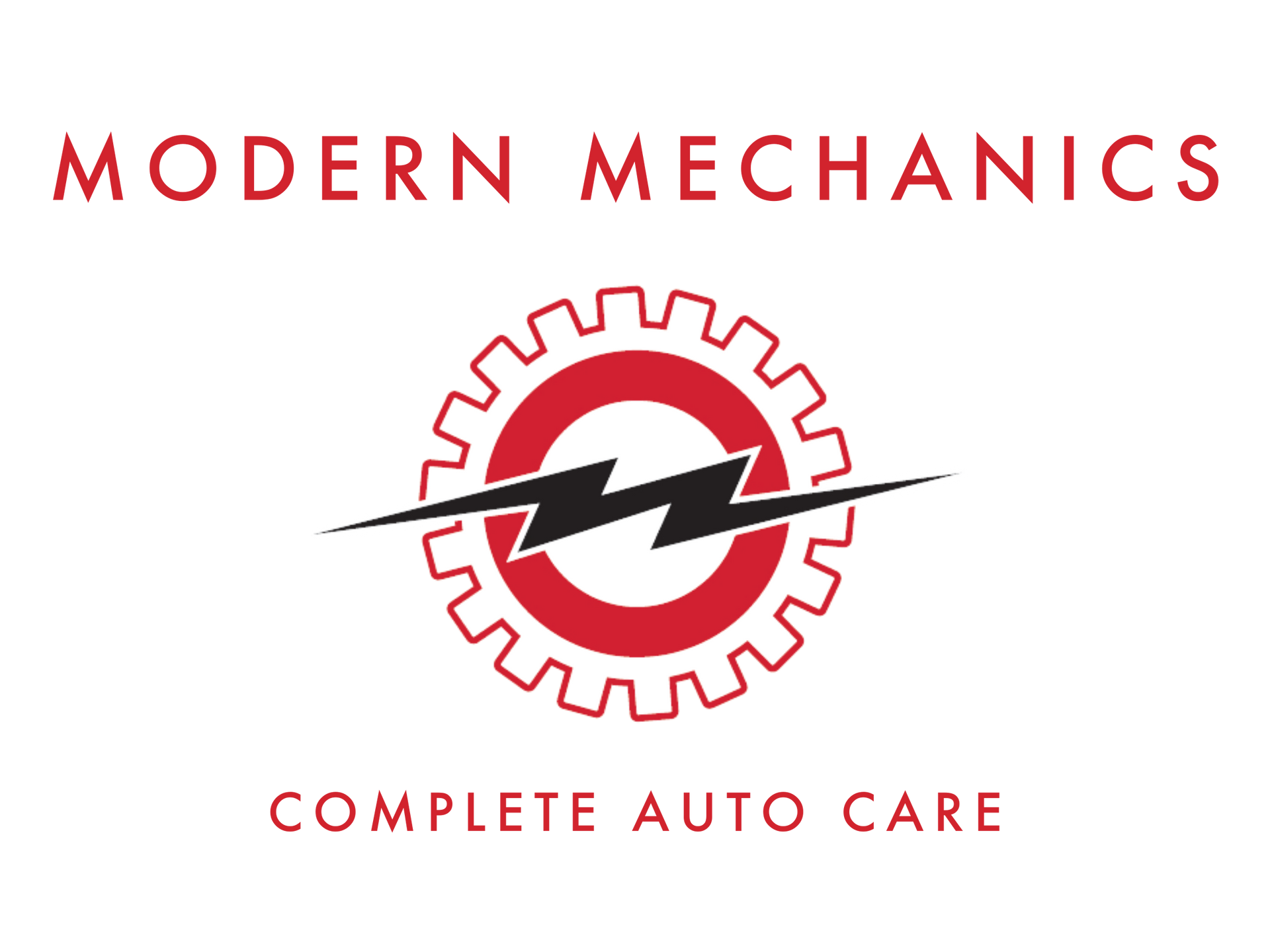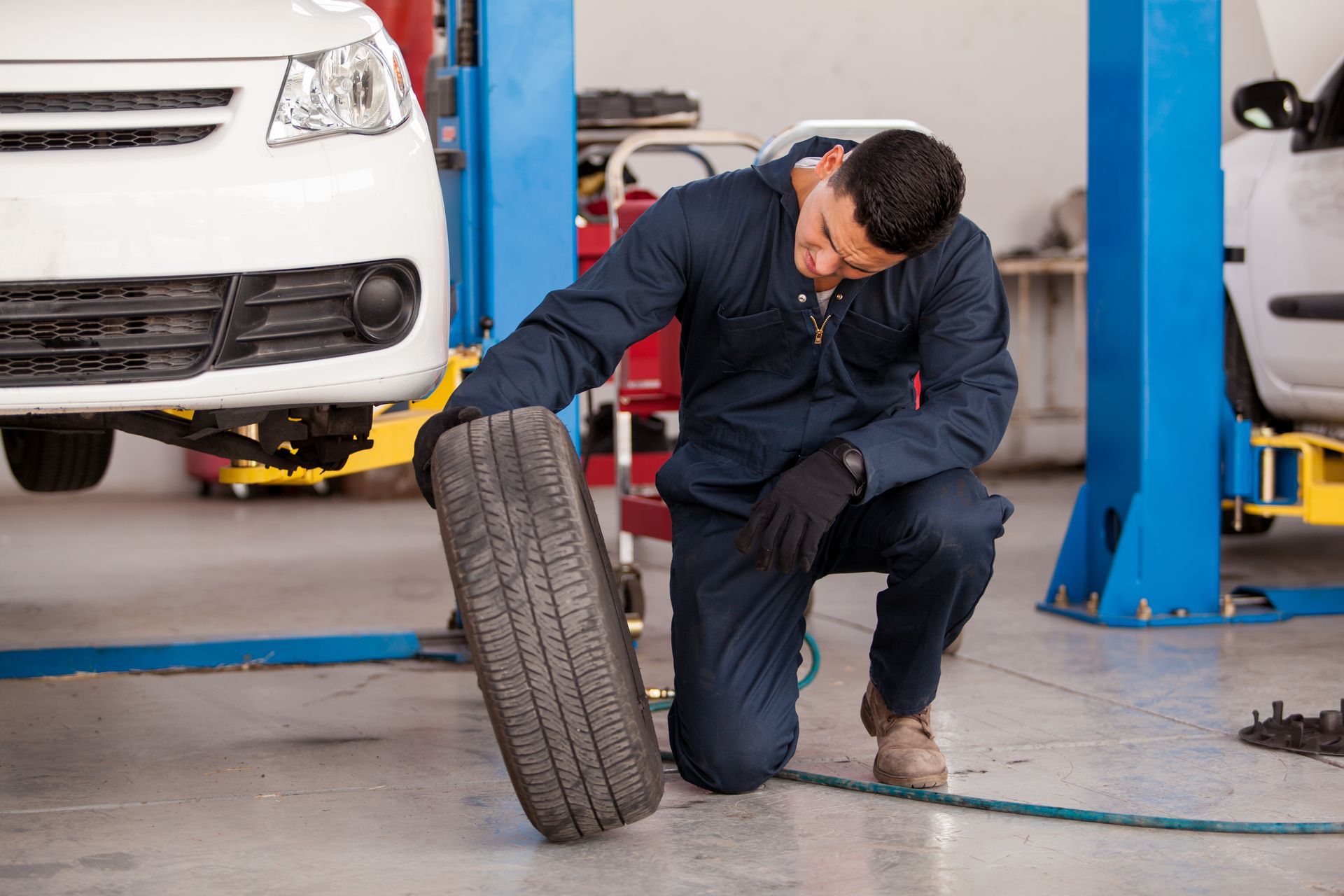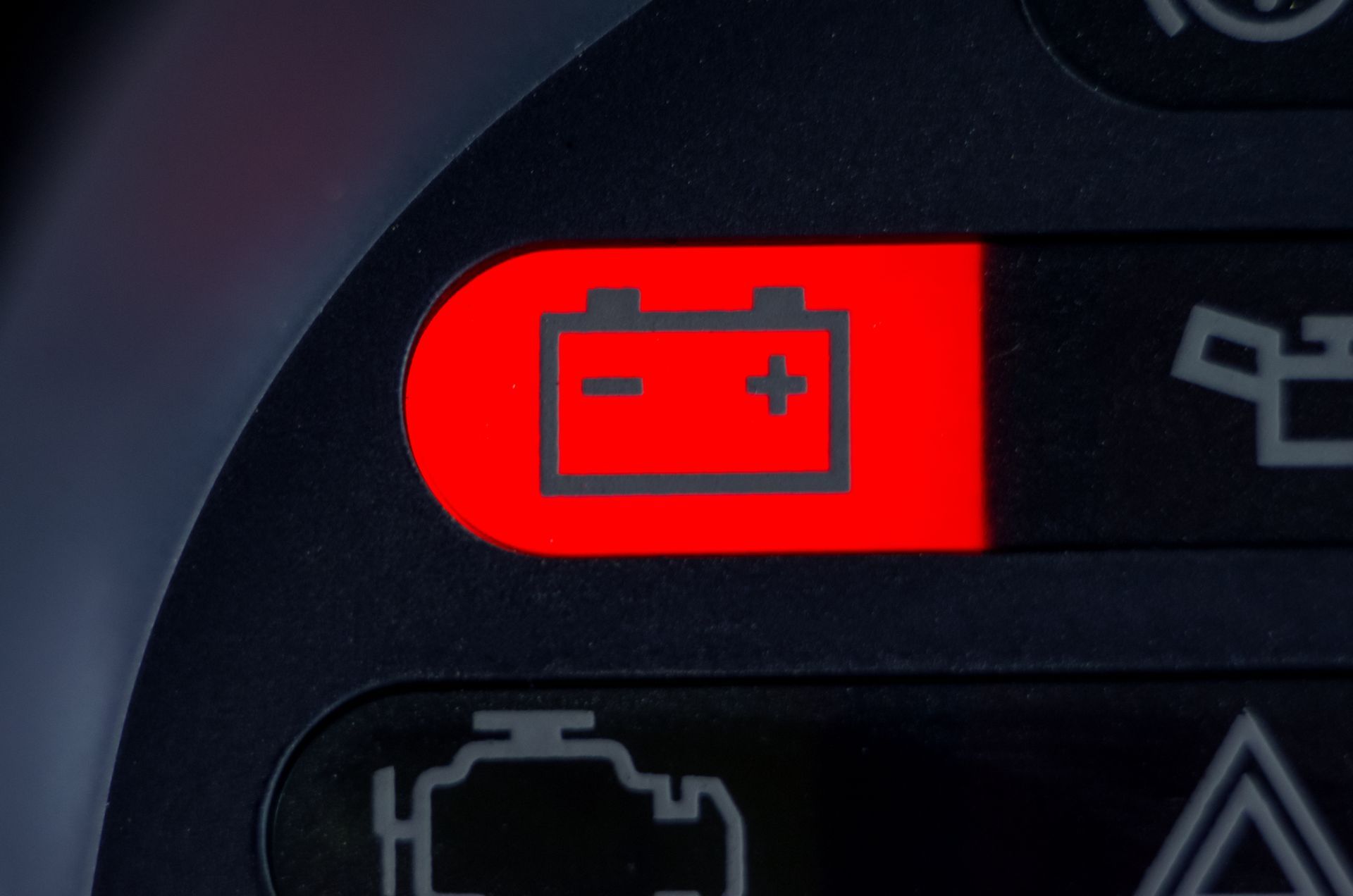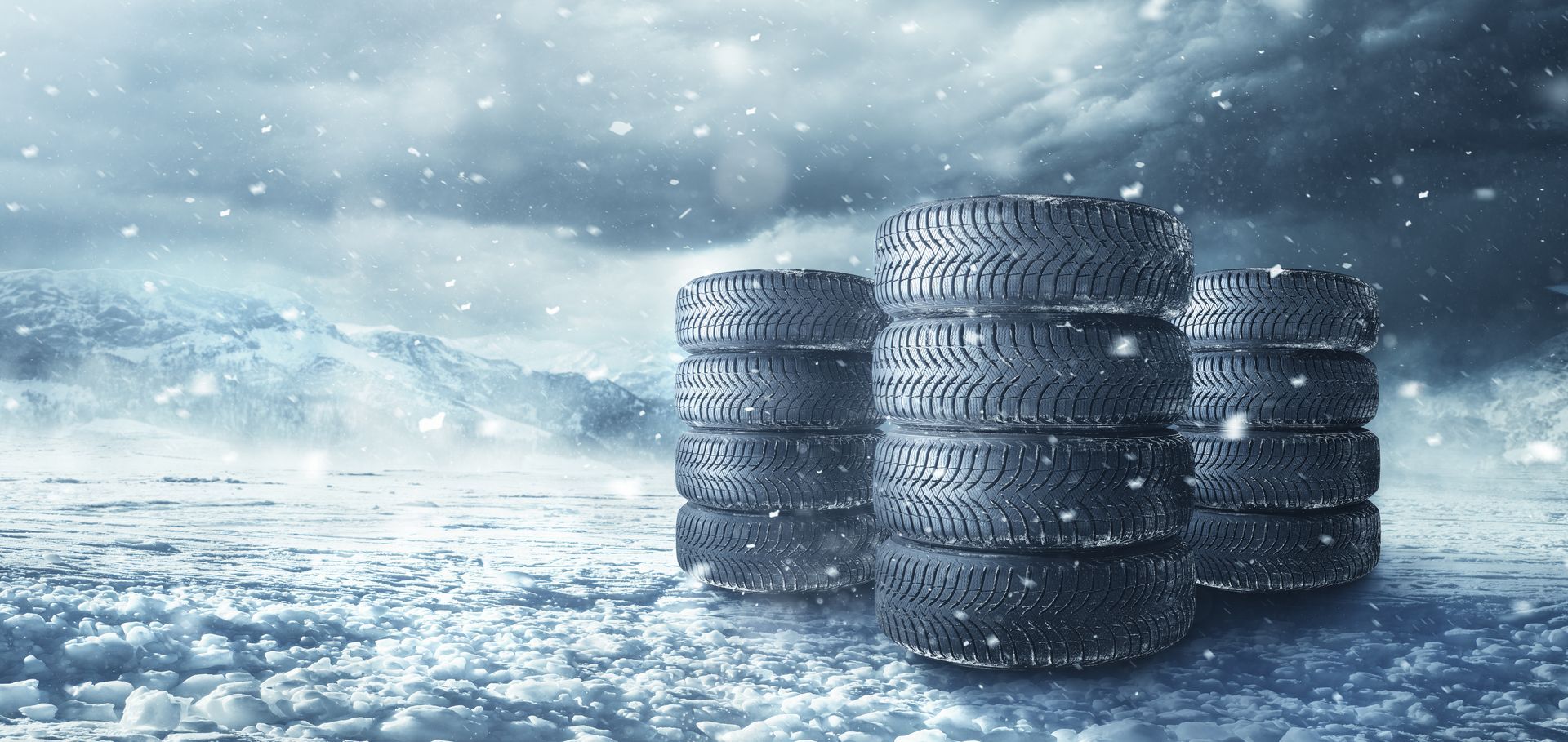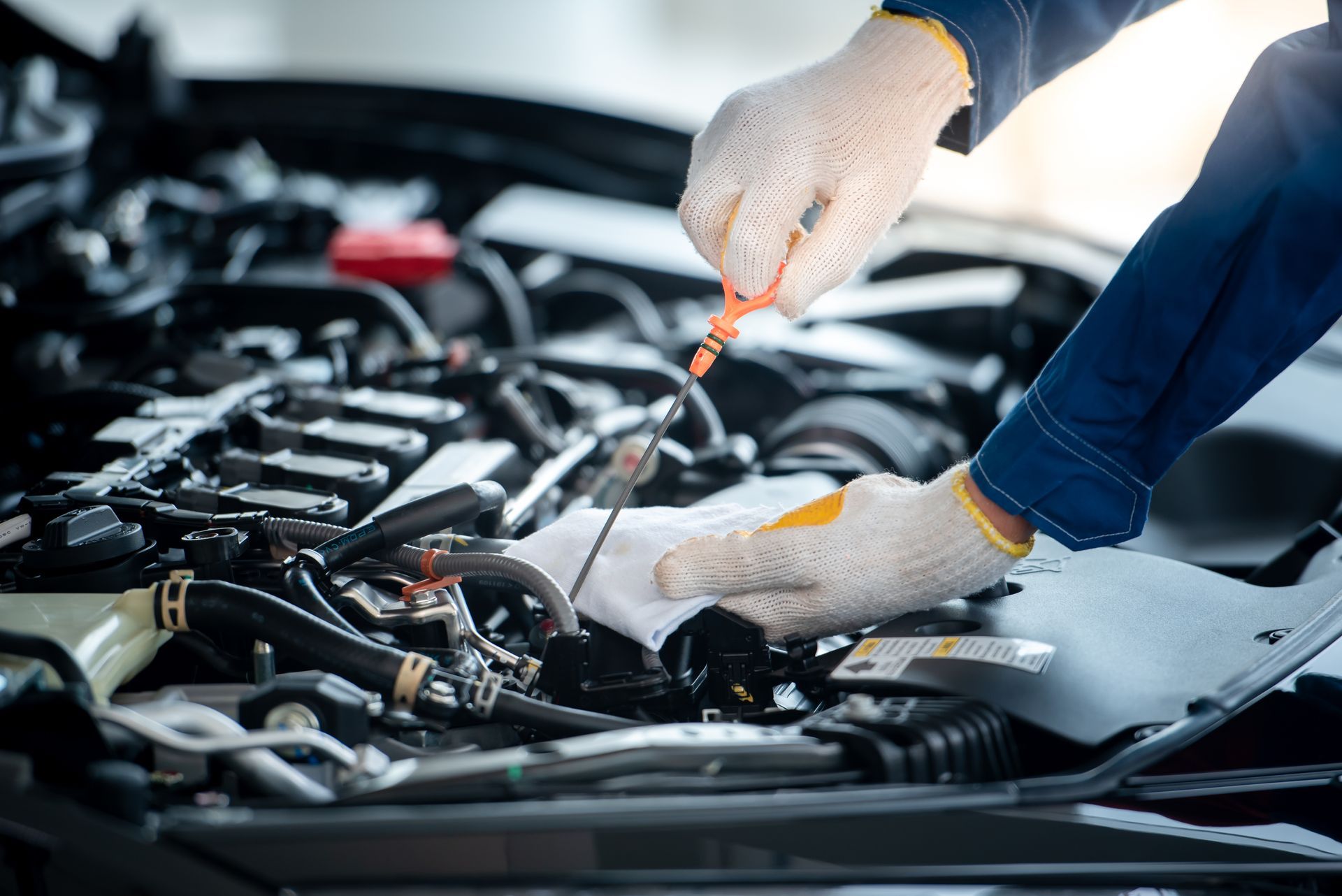Your vehicle’s braking system is one of the most important components for ensuring your safety on the road. Your ability to stop quickly and avoid accidents is severely compromised without properly functioning brakes. However, many drivers tend to overlook the importance of regular brake inspections until something goes wrong. So, how often should you get your brakes inspected? Let’s break it down and explore what factors influence the need for brake inspections and why staying on top of this routine maintenance is essential for your vehicle’s safety.
Why Brake Inspections Are Important
Brakes are responsible for controlling the speed and stopping power of your vehicle. Over time, brake pads wear down, brake fluid can become contaminated, and various other parts of the braking system may deteriorate. Neglecting to check and maintain your brakes can lead to dangerous situations, such as reduced stopping ability or even brake failure.
Getting regular brake inspections not only helps to prevent accidents but also saves you money in the long run. Catching issues early, such as worn brake pads or a failing caliper, can prevent more costly repairs down the line. Routine brake inspections help keep your car operating efficiently and ensure that your brakes are always in top shape when you need them most.
How Often Should You Schedule a Brake Inspection
As a general rule, you should have your brakes inspected at least once a year or every 10,000 miles, whichever comes first. However, this recommendation can vary depending on your driving habits, the type of vehicle you drive, and the type of brakes installed.
For instance, if you frequently drive in stop-and-go traffic, live in a hilly area where you’re using the brakes more often, or tend to haul heavy loads, your brakes may wear out faster than average. In these cases, it’s wise to have them inspected more frequently, perhaps every six months.
On the other hand, if you drive primarily on highways with minimal braking, your brakes may last longer between inspections. It’s also worth checking your owner’s manual for specific manufacturer recommendations, as they may have different guidelines based on your vehicle model.
Signs That Your Brakes Need Immediate Attention
While annual inspections are a good rule of thumb, there are certain warning signs that you should never ignore. If you experience any of the following symptoms, it’s essential to have your brakes checked as soon as possible:
Squealing or Grinding Noises
A high-pitched squeal or grinding sound when you apply the brakes is often an indicator that your brake pads are worn and need replacing. Ignoring these sounds could lead to more serious damage to the rotors.
Vibrations When Braking
If you feel a pulsating or vibrating sensation through the brake pedal, it could be a sign of warped rotors. This may result from extended use of the brakes without proper cooling, such as during long downhill drives.
Soft or Spongy Brake Pedal
If your brake pedal feels unusually soft or you have to press it harder than usual to stop, there could be air in the brake lines or an issue with the brake fluid. This is a serious concern and should be addressed immediately.
Car Pulls to One Side
If your vehicle pulls to one side when braking, it may indicate an issue with one of the brake calipers or uneven wear on the brake pads.
Brake Warning Light
Most modern vehicles are equipped with a brake warning light on the dashboard. If this light comes on, it’s your vehicle’s way of telling you that something is wrong with the brake system.
What Happens During a Brake Inspection?
A brake inspection is a thorough examination of the entire braking system, including brake pads, rotors, calipers, brake fluid, and other components. During a typical inspection, a technician will check for:
- The thickness and condition of the brake pads.
- The condition of the brake rotors and whether they are warped or scored.
- Signs of wear or damage to the brake calipers.
- Brake fluid levels and whether the fluid needs to be replaced.
- Leaks in the brake lines or other parts of the braking system.
If any issues are found, the technician will recommend necessary repairs or replacements to ensure that your brakes continue to function properly. Regular inspections help you avoid unexpected brake failure and maintain peace of mind while driving.
How Long Do Brake Components Last
Brake pads typically last between 30,000 and 70,000 miles, depending on your driving habits, the type of pads used, and the conditions you drive in. Ceramic brake pads, for example, tend to last longer than organic ones. However, if you frequently drive in traffic or on mountainous terrain, you may go through brake pads more quickly.
Rotors generally last longer than brake pads but may still need to be replaced periodically, especially if they become warped. Regular inspections allow you to keep track of their condition and avoid costly rotor replacements by replacing worn-out pads before they cause further damage.
Is your brake pedal feeling off? It might be time for an inspection. At
Modern Mechanics, we offer comprehensive brake inspections to keep you safe on the road. Don’t risk brake failure—book your appointment now!
